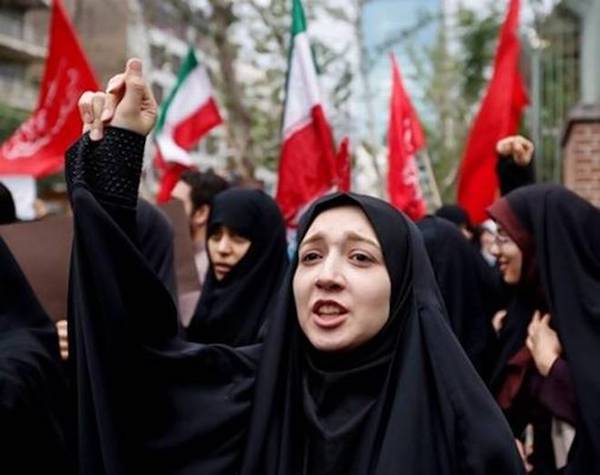
BEIJING (TIP):Writer Mo Yan, whose complex world of fiction often reminds readers of William Faulkner and Gabriel Garcia Marquez, pipped bookmaker’s favourite Japanese Haruki Murakami to become the first Chinese citizen to win the Nobel Prize for literature. When told by organizers that he had won the award, Mo said he was both “overjoyed and scared”. Mo, 57, is the author of renowned novels such as ‘Red Sorghum’ (later made into an acclaimed film) and ‘Big Breasts and Wide Hips’. In an interview to Granta, he once said, “Censorship is great for literature creation.” Reacting to the award, Mo said, “I felt I was not very senior in terms of qualification (among Chinese writers).
There are many good writers and my ranking was not so high,” adding, “The Nobel Literature Prize is a very important literature prize, but not the top award. It represents the opinions of the jury.” The award caused a stir in Chinese literary world, which has never been given the distinction from the Nobel academy. “His prize is an affirmation for Chinese literature on the world stage,” said another famous writer, Er Yue He, quoted by the state media. The Nobel must be music to the ears of Chinese authorities because it’s a rare case of a Chinese artist or writer, who is not a political dissident, winning the coveted prize.
Beijing has been raging against the Swedish Academy since it gave the Nobel Peace Prize to dissident Liu Xiaobo in 2010. Another Chinese, Gao Xingjian, won the literature Nobel in 2000 but he was a naturalized French. The Swedish Academy conferred the award describing Mo as someone who, with “hallucinatory realism merges folk tales, history and the contemporary”. Mo suggested last month that he has not yet produced his best work. “The great novel that matches the great times has yet to be written,” Mo said while receiving China‘s Mao Dun Literature in Beijing. A farmer’s son, he once dropped out of primary school due to poverty before continuing his studies and going on to become a writer.
“Loneliness and hunger were my fortunes of creation,” he is reputed to have once said. Mo Yan (which means ‘do not speak’ in Mandarin) is a pseudonym for Guan Moye. Mo also did a stint with the People’s Liberation Army and collaborated in Communist Party’s literary projects. He is seen in some quarters as being too close to the party to be considered politically independent. Others feel he has effectively used literature to expose corruption, misdeeds during the family planning drive and decadence in society. China’s official media had launched a campaign in his favour in past weeks after two betting sites named Mo and Murakami as close runners. The People’s Daily said the Nobel Academy usually took decisions based on political reasons rather than pure merit while advising readers not to get agitated if Mo missed it. The award’s announcement was greeted with pride in the Chinese Internet but there were some who criticized the decision saying the writer is too close to the party to be regarded as politically independent. Some netizens said they were relieved that it did not go to a Japanese at a time when the two countries were involved in a serious dispute over ownership of islands in the South China Sea.
Chinese winners: A tale of outliers
Migrants who left China dominate the list of winners of Chinese origin for the Nobel Prize in different fields. Only two of the now 12 winners live in China. One of them is Mo Yan, the literary prize winner for 2012. The other is Liu Xiaobo, the 2010 peace prize winner who is in prison for anti-national activities. The other 10 winners including the Dalai Lama live in foreign countries. Most of them live partly in the United Kingdom and in United States. One of them lives in France, one in Taiwan (which China claims to be its territory) while the Dalai Lama resides in India.
Eight of the dozen winners were born in China before they migrated to other countries. Three were born in the United States and one in Taiwan. Besides Mo, the other writer of Chinese origin to win the literary prize is Gao Xingjian, who lives in France. He was involved in anti-government demonstrations before migrating, and his works are banned in China. Six of the dozen winners have been honored for their contribution to physics and two each for chemistry, literature and world peace. Congratulating Mo, Shanghai Writers’ Association president Wang Anyi, said, “You are the pride of China.”





Be the first to comment